Florida’s coral reefs, a vibrant underwater kingdom of marine biodiversity, stand at a precarious tipping point. Once a thriving haven for countless marine species and an essential natural barrier against erosion, climate change and human activities have thrust these fragile ecosystems into a state of decline. As awareness grows, a pivotal question looms: Can science avert the turning tide and restore these reefs before they vanish entirely?
A Legacy of Splendor
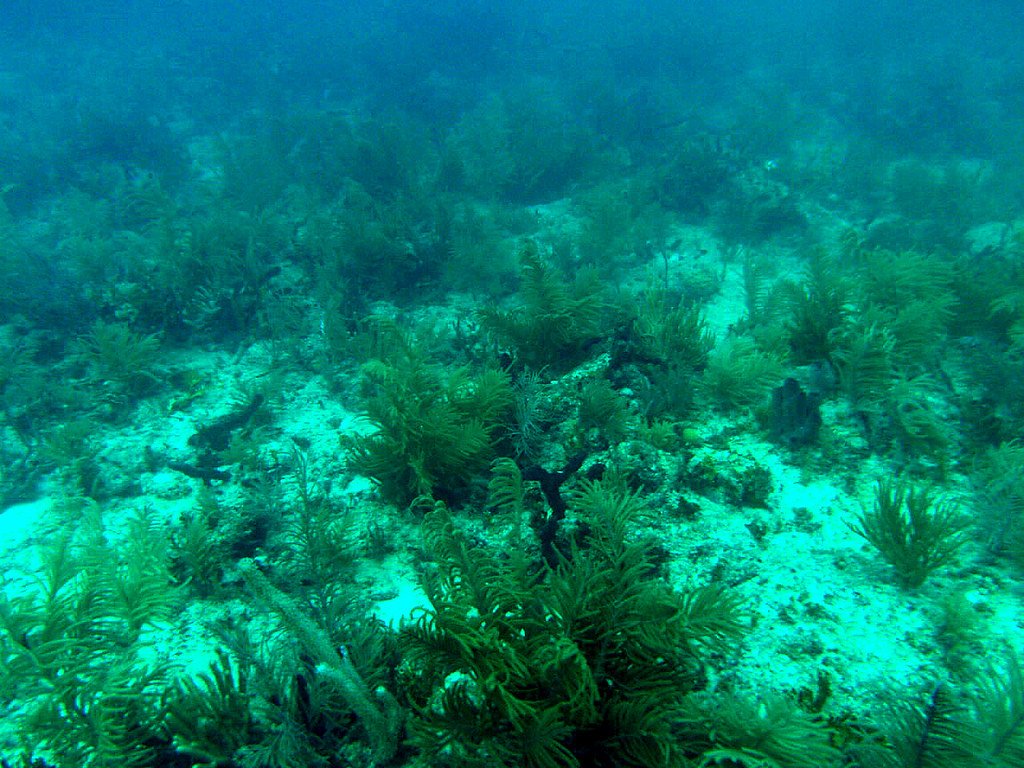
Florida’s coral reefs, part of the third largest barrier reef system globally, have been celebrated for their beauty and biodiversity. These reefs stretch along 350 miles of Florida’s coastline, providing habitat, food, and spawning grounds for thousands of marine species. To residents and tourists alike, they offer endless hours of snorkeling, scuba diving, and fishing adventures while supporting the local economy significantly.
The Urgent Threat of Climate Change
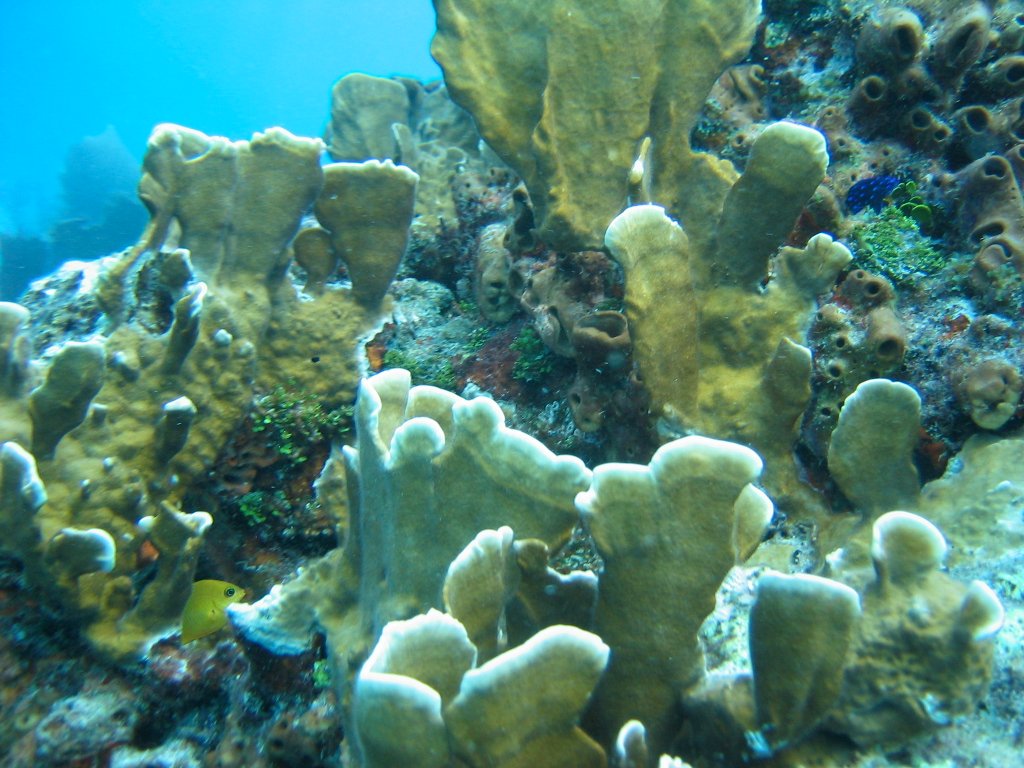
Climate change poses a profound threat to these underwater ecosystems. Rising ocean temperatures trigger coral bleaching, a stress response in which corals expel the symbiotic algae vital for their survival, leading to widespread die-offs. With increased frequency and severity of bleaching events, the coral’s resilience is pushed to its limits.
Ocean Acidification: A Silent Assassin
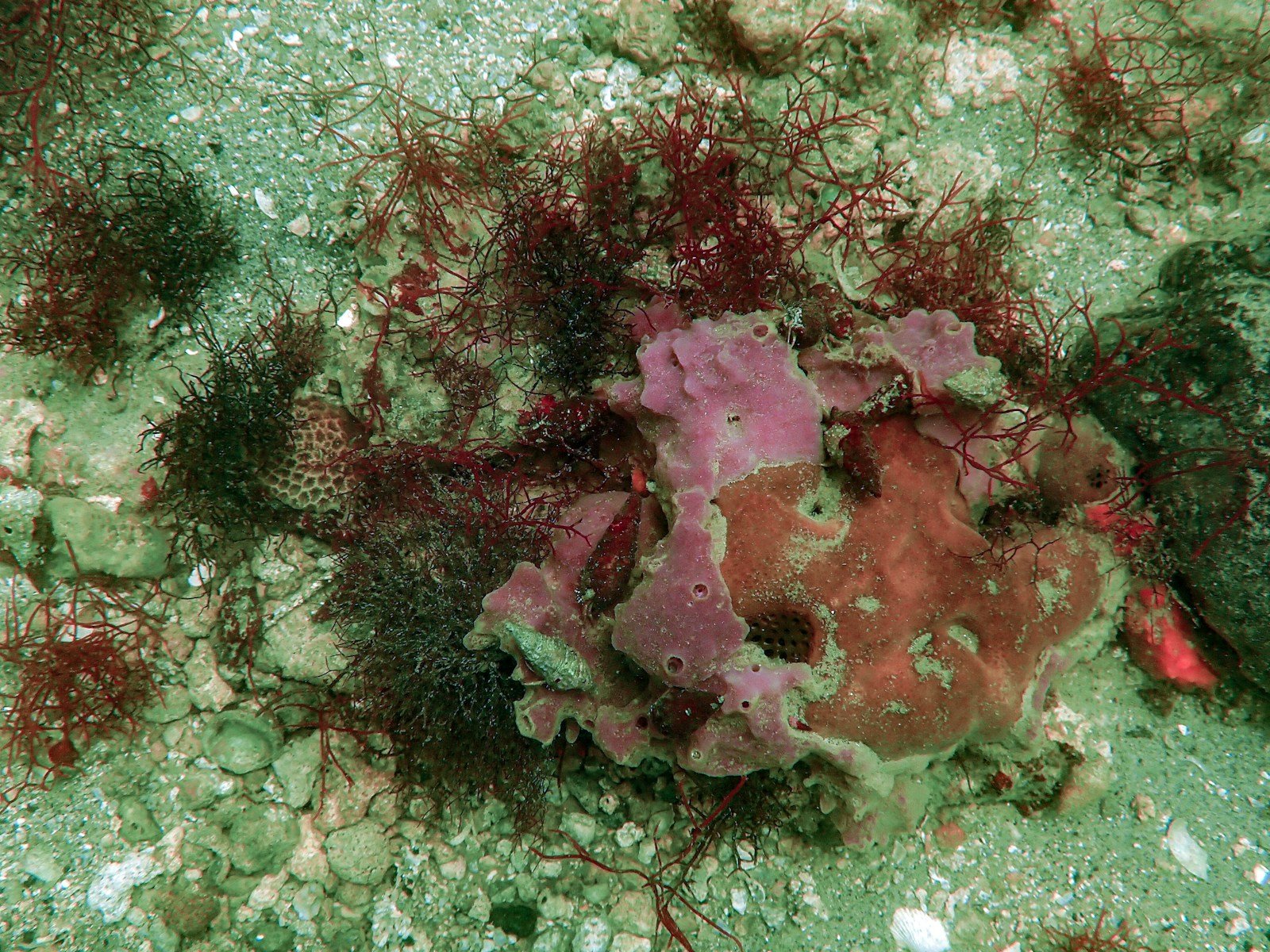
As atmospheric CO2 levels rise, the ocean absorbs more of this gas, resulting in ocean acidification. This chemical shift reduces the water’s pH, making it harder for corals to build their calcium carbonate skeletons. Over time, this weakens the coral structures, rendering them more susceptible to damage from storms and predation.
The Impact of Human Activity
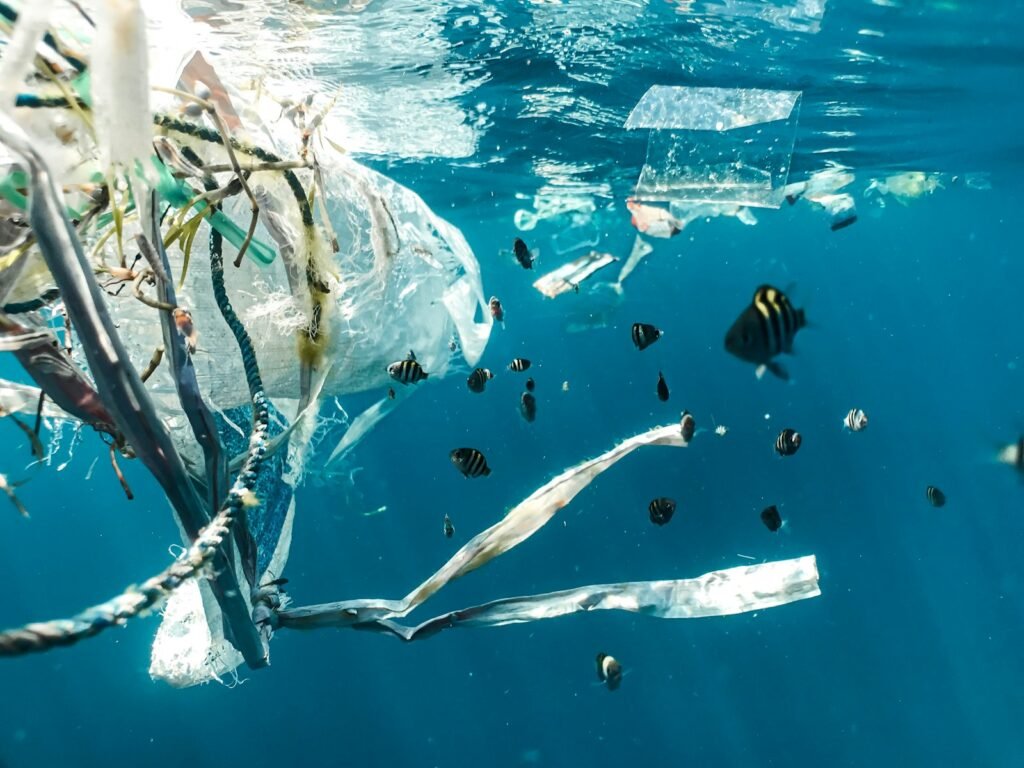
In addition to climate-related challenges, human activities compound the threats to Florida’s coral reefs. Coastal development increases sedimentation, sewage discharge leads to nutrient pollution, and irresponsible tourism can physically damage the delicate coral structures. These factors contribute to the degradation of coral reefs, inhibiting their ability to regenerate and thrive.
Preserving Biodiversity: Why It Matters
The loss of coral reefs not only leads to the decline of marine life diversity but also disrupts entire ecosystems. Coral reefs are essential for the survival of many species; they provide food, shelter, and breeding grounds. The eradication of this biodiversity diminishes ocean health and stability, affecting commercial fisheries and global food supplies.
Integral Role in Coastal Protection

Coral reefs act as natural barriers, dissipating wave energy and reducing coastal erosion. Their destruction leaves coastlines more vulnerable to the impacts of storms, leading to more significant property damage and insurance costs. Preserving these natural defenses is crucial for the protection of coastal communities, particularly in hurricane-prone areas like Florida.
Innovative Restoration Efforts
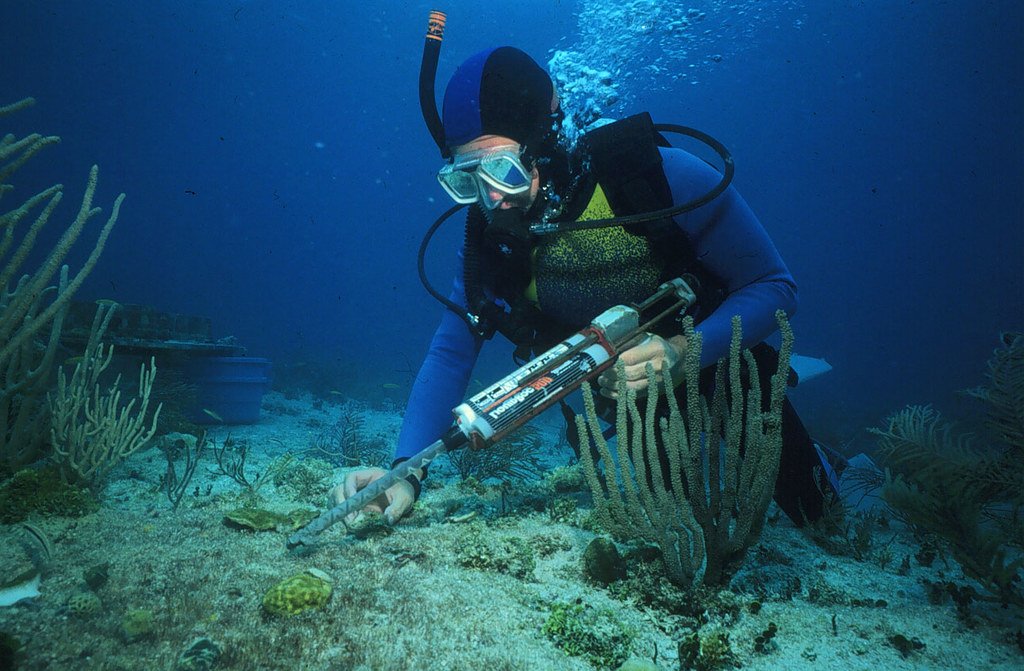
Scientists and conservationists are engaging in innovative efforts to restore Florida’s coral reefs. Techniques such as coral gardening and microfragmentation allow for the cultivation of coral colonies in nurseries before transplanting them back to the reefs. Genetic research is being conducted to breed corals with enhanced resilience to temperature and acidity changes.
Coral Gardening: A Hopeful Solution

Coral gardening involves growing coral fragments in underwater nurseries before replanting them onto degraded reefs. This method has shown promising results, significantly accelerating growth rates and enhancing reef structure. These efforts are buoyed by community engagement and volunteer support, fostering a sense of stewardship and connection to these natural treasures.
Genetic Resilience and Coral Breeding
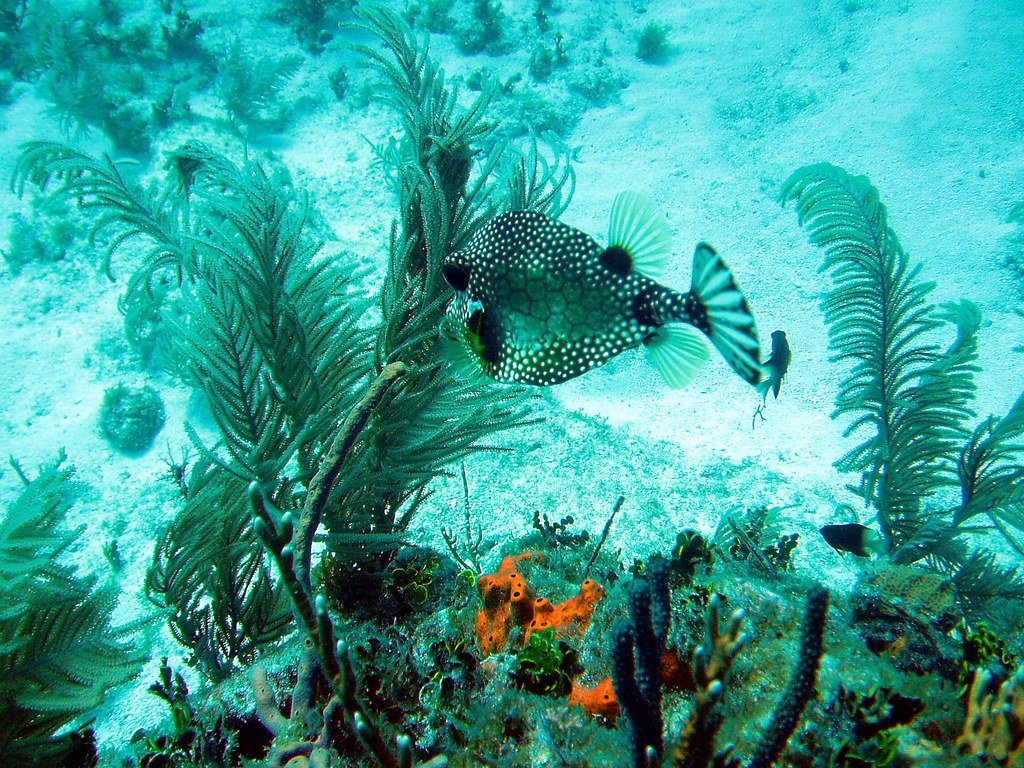
Breakthroughs in genetic research are paving the way for more resilient coral varieties. Scientists are focusing on breeding corals that can withstand warmer, more acidic conditions. By selecting robust specimens for propagation, there is potential to create new generations of corals better equipped to survive and repopulate the reefs.
Technology: Advancing Coral Conservation
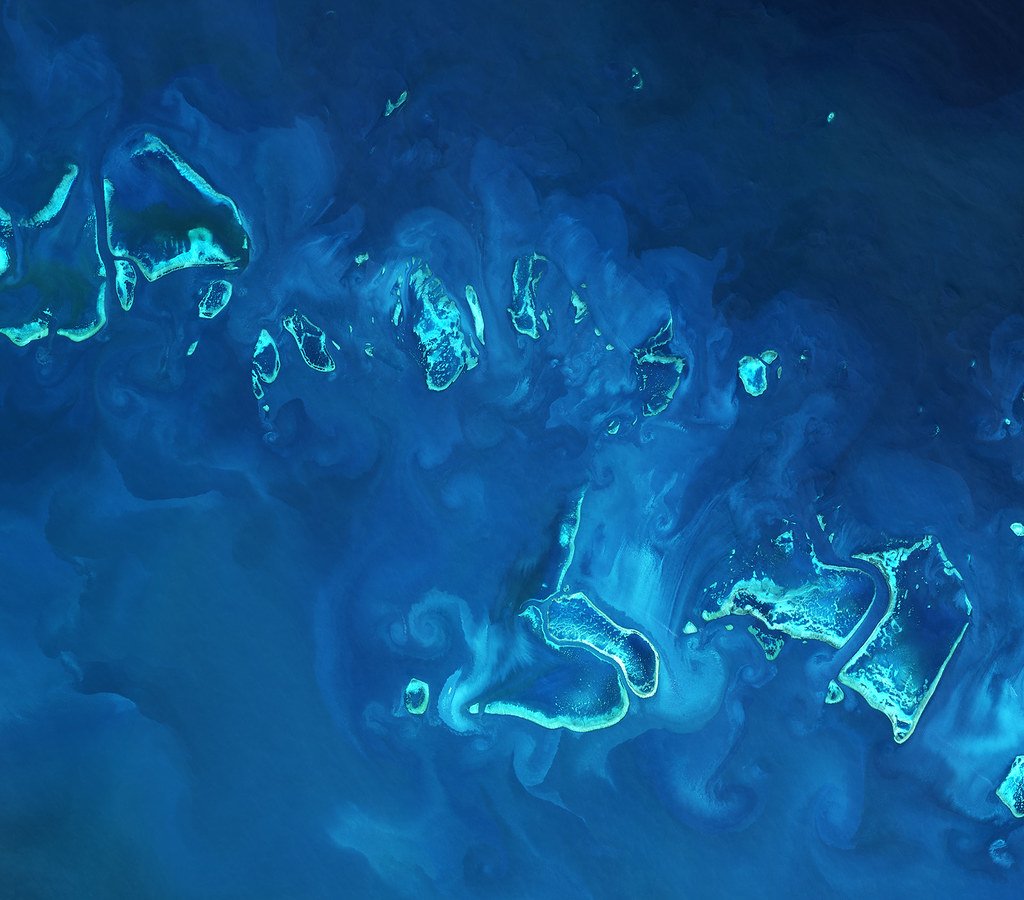
Emerging technologies, such as satellite imaging and AI-powered monitoring systems, play a crucial role in coral conservation. These tools assist researchers in tracking reef health, bleaching events, and recovery efforts more effectively, allowing for timely interventions and data-driven strategies tailored to specific environmental challenges.
Community Engagement and Education
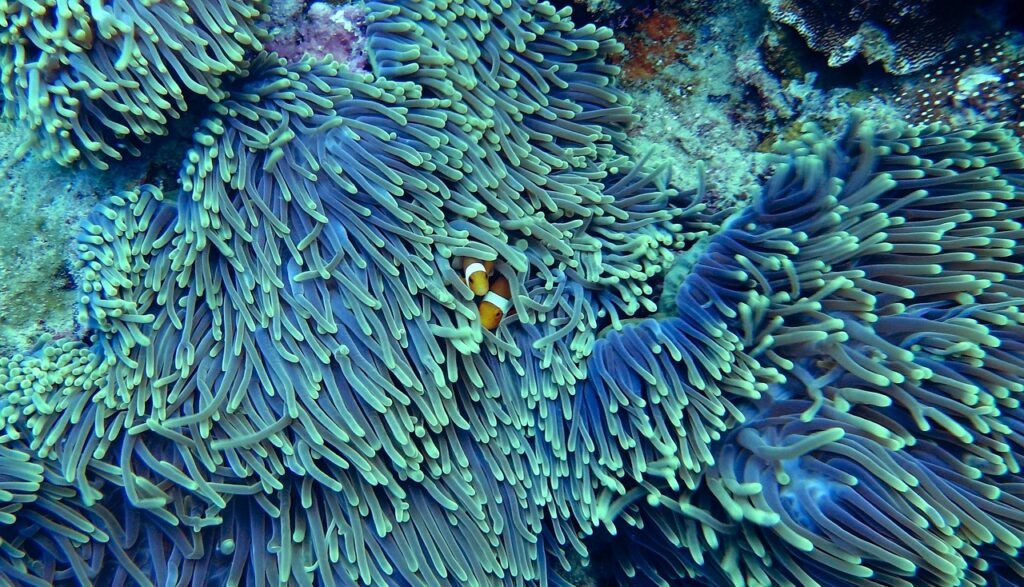
Community involvement is essential for successful reef conservation. Educational initiatives and outreach programs encourage locals and tourists to participate in reef conservation through citizen science and volunteer activities. Raising awareness about the importance of reefs helps foster a conservation-minded culture, vital for long-term sustainability efforts.
Policy and Protection Measures

Protecting Florida’s coral reefs requires robust legislative support. Implementing policies that limit coastal development, regulate fishing practices, and control pollution are vital steps. Furthermore, establishing marine protected areas allows reefs to recover and thrive free from human interference, safeguarding ecosystems for future generations.
Global Collaboration: A Unified Front

Florida’s coral reef crisis is not an isolated issue but a global challenge requiring international cooperation. By sharing knowledge, resources, and strategies, countries can collaborate more effectively to combat threats, implement solutions, and influence policy changes on a broader scale, bolstering efforts to preserve these crucial ecosystems.
The Role of Sustainable Tourism
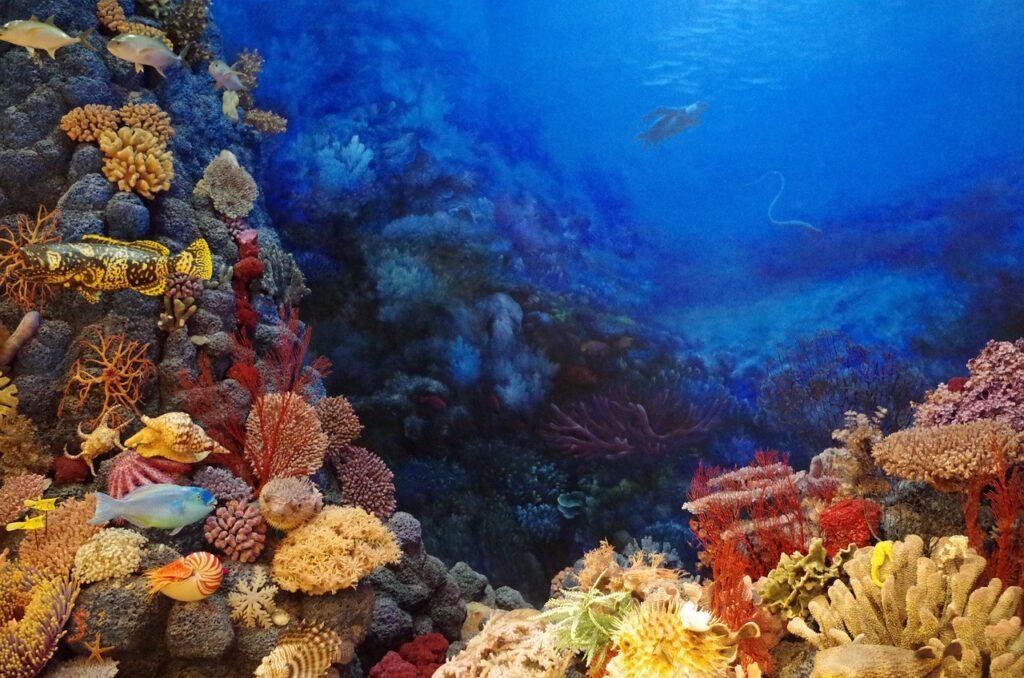
Tourism is a double-edged sword in the context of coral reefs. While it boosts local economies, it can lead to environmental degradation if unchecked. Sustainable tourism practices, such as eco-friendly diving and snorkeling operations, ensure that visitors can enjoy the reefs without harming them. Educating tourists about responsible behaviors helps minimize the ecological footprint.
An Optimistic Horizon for Florida’s Reefs

While challenges abound, hope remains for Florida’s coral reefs. The collective effort of scientists, conservationists, local communities, and policymakers is progressively steering the narrative from despair to optimism. With ongoing innovation, education, and protection measures, there is potential for these underwater ecosystems to not only survive but thrive in the decades to come.
The survival of Florida’s coral reefs is inextricably tied to collective human action. While science provides promising tools and solutions, the fulfilment of these efforts depends on a unified commitment to preserve and protect one of Earth’s most biodiversity-rich environments. Together, we hold the key to safeguarding not just the corals but the intricate tapestry of life they support—a legacy for generations yet to come.




